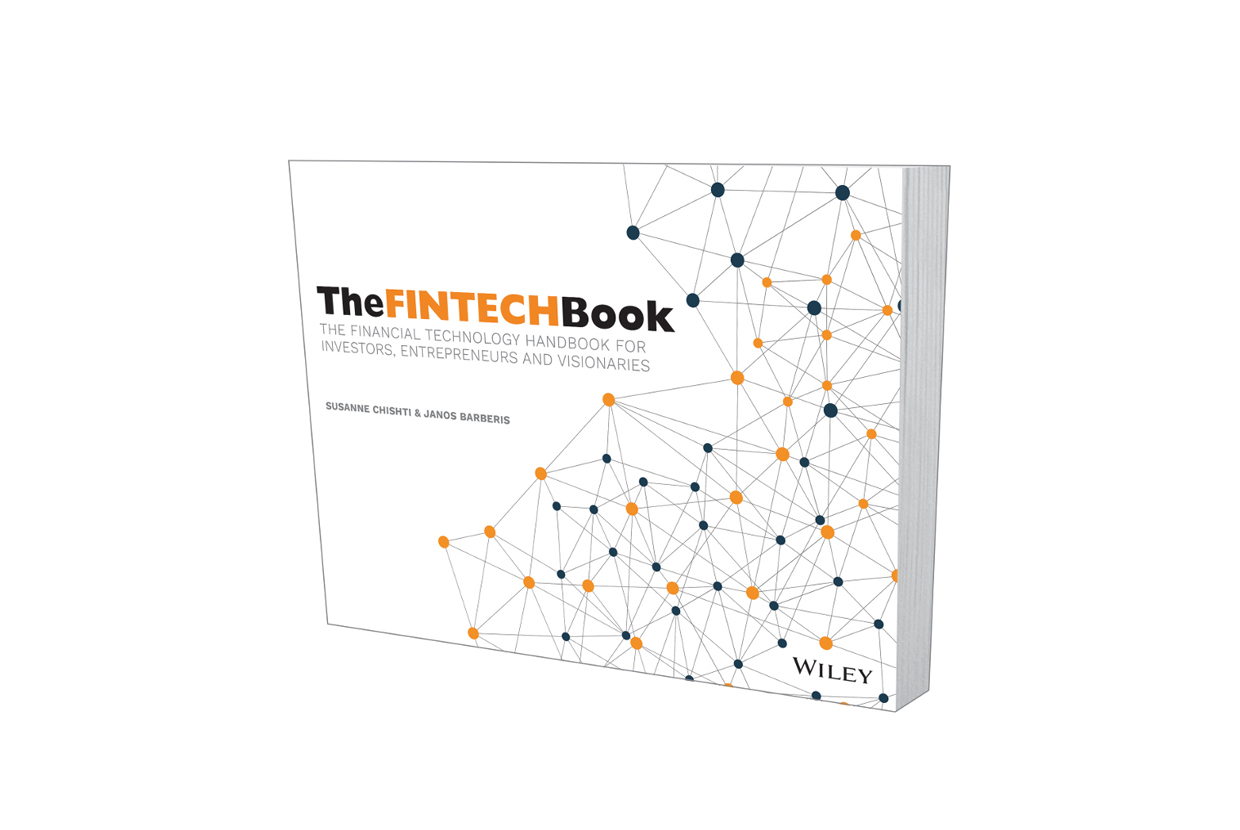GTR talks to Susanne Chishti, co-editor of the first globally crowdsourced book on fintech, about the growth of the sector and its appeal for bankers.
Susanne Chishti sees opportunity in the rise of fintech and she decided to follow her gut feeling. Sitting down with GTR at the London Pay Expo in June, the former banker and entrepreneur talked about what made her dedicate the best part of the last two years to the fintech community, becoming herself a prominent investor, advisor and expert in the field.
Chishti was an MBA student at Berkeley University, California, when Yahoo! was just being launched next door. “I remember the atmosphere where you knew something major was going to happen, but you didn’t know what it was because you couldn’t foresee how important the internet would become,” she says. She experienced the same feeling about the disruption of finance in 2014, attending fintech events in London, and this time Chishti felt she was well-placed to ride the innovation wave. “20 years later, I felt I could afford to leave banking, follow my gut instinct and be part of this huge fintech wave, which I think is going to improve our lives,” she tells GTR.
In the two years since leaving her latest banking role at Deutsche Bank, Chishti funded the Fintech Circle, the first network for angel investors in Europe focusing exclusively on fintech opportunities, and partnered with Janos Barberis, founder of Fintech Hong Kong, to create a book that would help navigate the increasingly populated fintech environment. More than a year, 86 authors and 10 chapters later, they can claim to have published the first globally crowdsourced book.
GTR: Why did you decide to publish this book?
Chishti: When I left banking to join the fintech world, I could not understand why the sector was worth £20bn, but there was no book explaining how it all worked. When we started the book, we wanted to have the global community come together with the purpose of educating the world about fintech. It has become a bestseller and exceeded our expectations.
Our goal was to look at fintech holistically, so that our readers would be able to make sense of all these stakeholders and how they work together, because it is a big ecosystem. [Reading the book], you understand the whole market and when you get new blocks you know where to slot them in: the pieces of the puzzle come together. This was only possible because we have 86 authors, and not just one.
GTR: Why do bankers like you decide to jump ship to fintech?
Chishti: The fintech sector has been growing at double-digit rates in the last few years. Investment is flowing in: last year we saw US$22bn being invested in fintech companies. The fintech sector is taking off as the banking sector is declining: profit margins go down, regulatory pressure is up, there are so many negatives. [Leaving banking for fintech] is not the right move for everybody, it works for those innovative, creative people in large institutions who dream of starting their own start-up or company, but never felt there was an opportunity for them, and now there is. It’s a huge chance.
GTR: With such huge growth, is there a fintech bubble?
Chishti: There is a bubble. There are new players who jump on the bandwagon without the domain expertise and the knowledge, and they’re often very shallow.
If you are a large bank or financial institution, you need to choose who you partner with. It is part of your due diligence, to see what the knowledge of fintech start-ups is. A lot of consulting companies do not know start-ups at all so how can you advise what solutions are out there that can help banks? For any incumbent it is worthwhile choosing a reliable partner who is very well ingrained in the fintech start-up scene.
GTR: Why is there a lack of tech expertise in banks’ boardrooms?
Chishti: There is a lack of tech expertise across bank leadership, not just in boardrooms but in the level below, too. Technology has for a long time been seen as a back-office function, but now things have changed. Technology has become strategically important and now, next to the CEO, the CTO should almost play the second most important role, because strategy is driven by technology.
There will be huge demand for bankers to get up to speed with new technology and what I recommend is to at least get a LinkedIn and a Twitter account. Using social media as a banker is important. [Social media] is like a curtain, if it is open, you can see what is happening with your competitors, the trends in the marketplace, and you are much more able to position your business better and more successfully. For instance, if you like the book, you can then follow our Twitter account, our LinkedIn group to get up-
to-date information. It is a journey to join fintech long-term.







